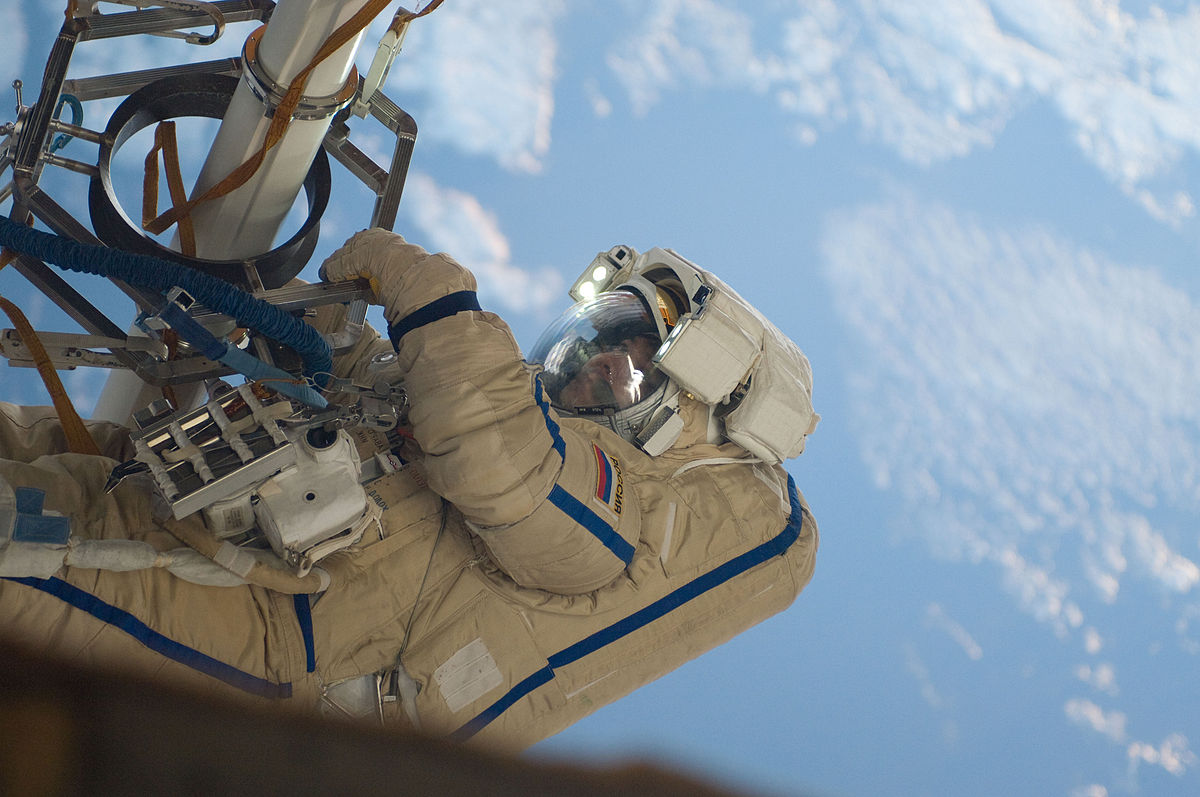First Human to Spend 1,000 Days in Outer Space

Oleg Kononenko has become the first human to log 1,000 days in space over a 16-year career on the ISS.
This achievement comes during his fifth spaceflight and third term as ISS commander. In February, he surpassed the previous record of 878 days set by fellow Roscosmos cosmonaut Gennady Padalka.
Kononenko arrived at the ISS last September aboard the Soyuz MS-24 with cosmonaut Nikolai Chub and NASA astronaut Loral O’Hara. He is set to return in four months, at which point his long-term space exposure will make him an invaluable subject for human biology research.
As space missions grow longer with initiatives like the Artemis Accords and the International Lunar Research Station, understanding the effects of prolonged space travel on the human body is critical. Kononenko’s extended periods in low-Earth orbit will provide essential data for studying the impacts on eye health, bone density, blood flow, radiation exposure, and space motion sickness.
Emmanuel Urquieta, former chief medical officer at the Translational Research Institute for Space Health, emphasized the importance of this research, noting the need for comprehensive data from missions extending up to 900 days. This information is crucial for ensuring the health and safety of astronauts on future missions to Mars.
Born in Turkmenistan, Kononenko has completed over 18 hours of spacewalks, conducting experiments, repairs, and maintenance on the ISS. His distinguished career includes a rare nighttime re-entry in December 2015 and accolades such as the NASA Distinguished Public Service Medal and the NASA Space Flight Medal.